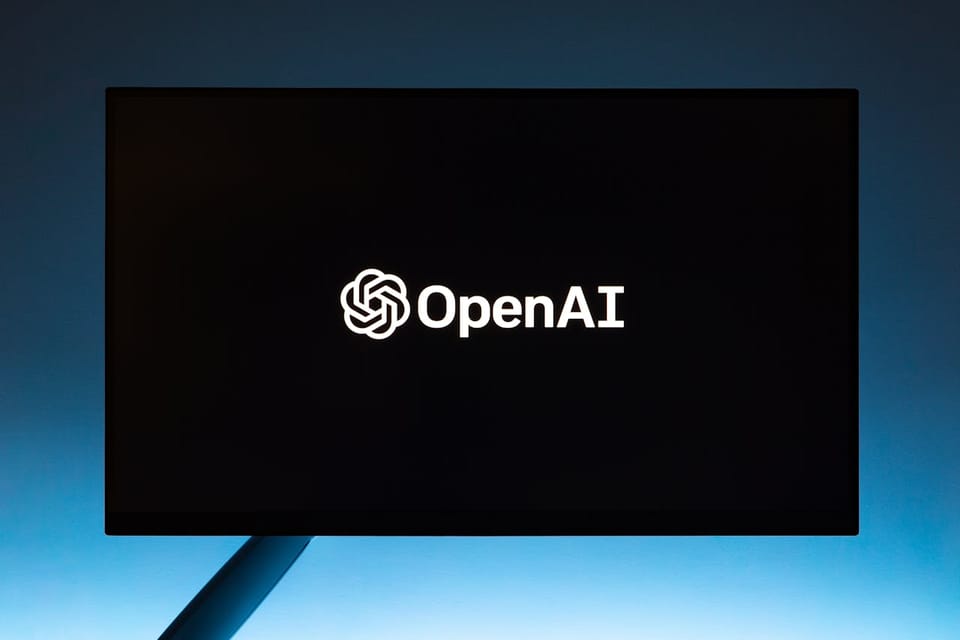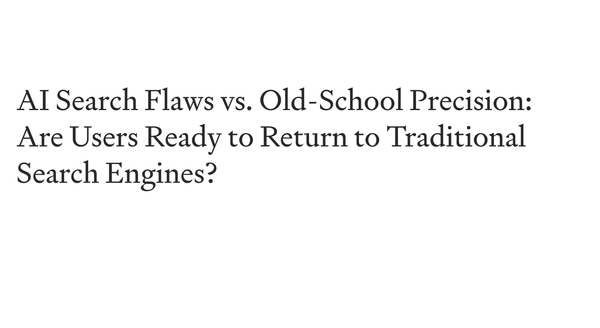How AI API Services Charge You: Understanding Tokens and Token-Based Billing in OpenAI, DeepSeek, and AI Others Services
Learn how AI API services like OpenAI and DeepSeek.com use token-based billing. Understand what tokens are, how they work, and tips to optimize costs for AI integrations.
Table of Content
While integrating AI for a client’s CRM and ERP—a service we mostly provide for our regular clients—one of them directly asked us, “What is a token?” We had to explain how it works, and in the process, realized that many of our customers don’t fully understand how AI pricing works.
So, here comes this article, aiming to demystify the concept of tokens and their role in AI services.
What Are Tokens?
Tokens are fragments of text that AI systems use to process and understand language. Unlike whole words, tokens break down language into smaller pieces:
- A token could be a full word (e.g., “apple”, "tea","horse").
- It could also be a part of a word (e.g., “appl” and “e”).
- Even spaces, punctuation, and special symbols count as tokens.
For example:
- The sentence "How are you?" consists of four tokens:
[How] [are] [you] [?].
Tokens are essential because they standardize text processing, ensuring consistent computation across various languages and input styles.
How Token-Based Billing Works
AI API providers like OpenAI and DeepSeek charge based on the number of tokens processed. This includes:
- Input tokens: The text you send as a prompt.
- Output tokens: The AI’s generated response.
Let’s break it down with an example:
- Prompt: "Summarize this article."
- Tokens: 4 ("Summarize", "this", "article", ".")
- AI Response: "This is a summary."
- Tokens: 5 ("This", "is", "a", "summary", ".")
- Total tokens: 9
Providers bill you based on these total tokens.
Token Pricing Models
Here’s how different services handle token-based billing:
OpenAI
OpenAI offers a straightforward pricing model for its GPT models:
- Free tier: Limited tokens per month.
- Pay-as-you-go: Charges based on the number of tokens processed (e.g., $0.002 per 1,000 tokens for GPT-4 Turbo).
- Subscription plans: Include monthly token allowances.
DeepSeek.com
DeepSeek.com uses token-based pricing for their search and NLP tools. They emphasize customization and scalability, with pricing tiers based on token usage thresholds.
Other Services
- Anthropic (Claude AI): Offers competitive token pricing with a focus on ethical AI use.
- Cohere: Known for text embeddings, also bills by tokens.
- Google Cloud’s Vertex AI: Charges based on input and output token lengths, integrated with other Google services.
Why Do AI Services Use Tokens?
Using tokens instead of words or sentences provides several advantages:
- Precision: Tokens reflect the actual computational cost, making pricing transparent.
- Fairness: Users pay for what they consume, whether short queries or verbose responses.
- Scalability: Tokens are language-agnostic, ensuring fair billing across multilingual inputs.
Optimizing Token Usage
To minimize costs when using AI APIs, consider these tips:
- Craft concise prompts: Avoid unnecessary words or phrases.
- Limit response length: Specify desired response sizes when possible.
- Use tokenizers: Tools like OpenAI’s Tokenizer can help you estimate token counts before making a request.
- Choose the right model: Lighter models often consume fewer tokens.
Challenges of Token-Based Billing
Token-based billing is undoubtedly fair, but it comes with its own set of challenges. For starters, understanding how tokens are calculated can feel overwhelming, especially for those new to the concept. Beginners might struggle to estimate token counts accurately.
Additionally, if you're not careful, long outputs or overly detailed prompts can lead to unexpectedly high token usage—and an inflated bill. Managing these aspects requires attention and a bit of practice.
Conclusion
Token-based billing is an essential mechanism in generative AI services, balancing fairness and transparency. Whether you’re using OpenAI, DeepSeek.com, or any another platform, understanding how tokens work can help you optimize your usage and reduce costs.
Have you had any experiences with token-based AI services? Share your thoughts in the comments below!









